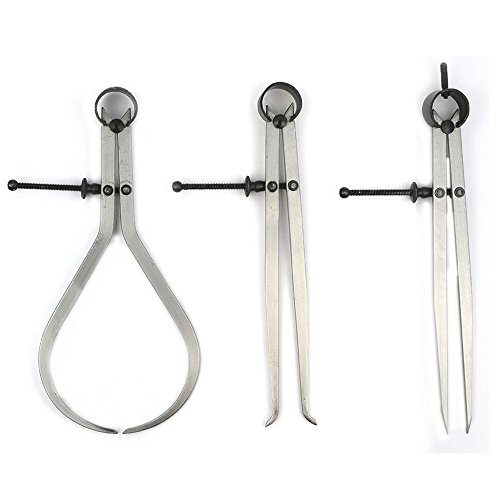Hi Threadman. You raise a good couple of points there. I should have thought more about what I was writing.
Yes of course I was talking of paying customs duty, as we should all do. (Like taxes). But there is a quirk. If something goes from country A to B, you pay one lot of customs. From A to C to B should be more customs duty. - But sometimes it is more, sometimes less.... I don't know why or how, but I have bought from the USA and paid less than direct from other sources, yet products didn't originate there. Probably the other thing you raise is the simple reason. Exchange rates.
I once booked a holiday cruise and hotels in Hawaii, using a local tourist agency there, for 2/3rds the cost of purchasing from UK agencies. And when we got there found we had paid less than most others (Who all seemed proud to have paid more than others... as if the cost of the holiday naturally makes it better?). They thought I must be cheating, or doing some tax fiddle, or something? - But I figured it was just monetary exchange rates, as Mastercard allowed me to buy in dollars and pay in £ sterling? Of course, that bill didn't incur customs "Import duty" nor shipping costs. And Maybe the US Travel agent was on a different commission to the UK agencies? But I saved a whole £1500 on that part of the holiday, 15 years ago.
By "prohibitive", I meant that compared to total cost of buying "at home", the "cheaper" parts from USA would have cost me in total more than double, because of the US Postal and Customs charges. The US postal service quoted it as a charge to handle the payment to UK customs, even though the Customs payment for import duty to the UK was a tiny fraction of the value they were charging against "Customs duty and charges". Maybe it was a real cost they were covering, but because of this charge, I chose to not pay anything and buy parts already in the UK. ($25 for the part, 20% Import duty to UK, 6% duty to US Gov't, and a UK part at £50 worked out cheaper than the $58 charge by US Postal service for "Customs", on top of the $20 transport cost).
I hope that clarifies the "prohibitive" charges I experienced...
K2

















![DreamPlan Home Design and Landscaping Software Free for Windows [PC Download]](https://m.media-amazon.com/images/I/51kvZH2dVLL._SL500_.jpg)









































